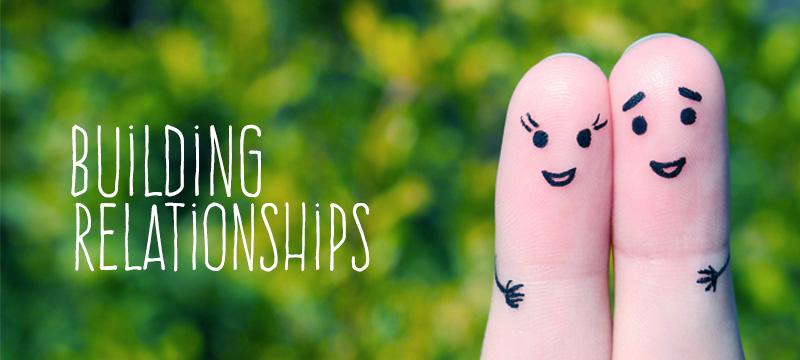Got Relationships?
University life is a complicated animal for everyone. Entering a new environment, new courses, new professors and class structures to readjust to every semester. Countless opportunities to explore new interests, meet new people, and start new relationships.
Relationships are a huge part of most people’s educational experiences and greatly affect how most people feel and behave in school. There are a wide range of relationships that are involved in the higher education experience, including romantic, friendship, co-worker, administrator, professor and professional. Although each type of relationship involves different responsibilities, they all largely impact the way that people think or feel, and in turn their mental health.
Also, school work and academic responsibilities can place stress on any number of relationships both directly connected to, or not directly connected to your academic work. The best way to steer clear of these types of stressors is to make yourself and those you care about aware of what goes into a healthy relationship.
Got it all?
No relationships are perfect all the time. When thinking about your relationship, whether it be with your parents, professors, employers, co-workers, friends, or significant others, there are four tools that are essential for healthy relationships:
- Communication Skills
- Good Personal Boundaries
- Conflict Resolution Skills
- Self-Awareness
How to help yourself: I might be in an unhealthy relationship... what does that mean?
- Know that it is absolutely not your fault that you are in an unhealthy relationship.
- Work to be aware of what you want and need out of a relationship, what you expect, and what you are willing to give.
- Seek out close friends and family members that will be able to support you, and what you want.
How to help a friend: I know of an unhealthy relationship... can I say anything?
Trying to talk to a friend about an unhealthy relationship is a very challenging thing to do, but hearing honest concern from friends can be very powerful in a person's struggle to recognize a relationship as unhealthy, and build one that is.
- When you talk to your friend, make sure you are in an environment comfortable and safe for both of you.
- Make "I" statements about what you observe, and why you are concerned.
- "I feel..." or "I'’m nervous for you because..."
- Provide them with emotional support as much as you can
- Get the support you need. Supporting a close friend through experiences that might be long lasting can be overwhelming. Don’t underestimate the effect that the support you are giving is having on yourself.
When to Get Help
If you feel trapped, behind in your school work, stuck, and you want more information or just to talk to someone about how to help yourself or a friend please go to Campus Specific Resources.
Learn more about navigating relationships with advisers HERE
Ten Tips For Healthy Relationships
You are not alone, we are here to help!

